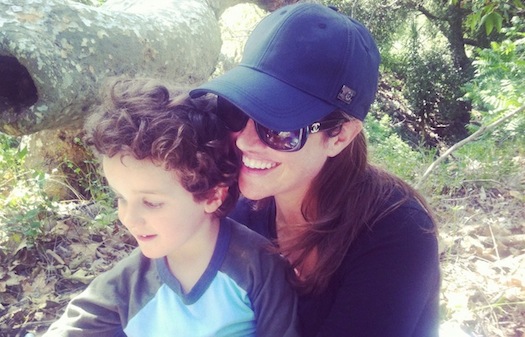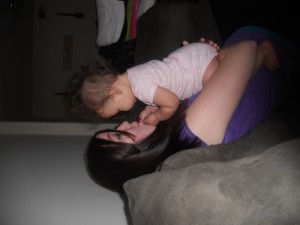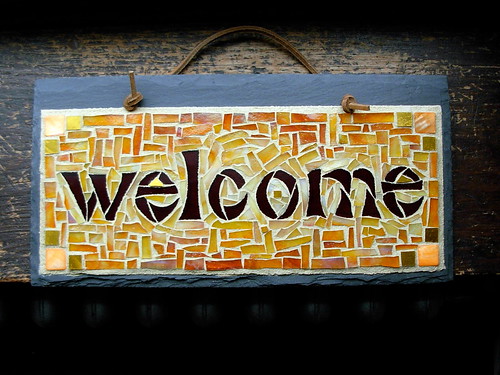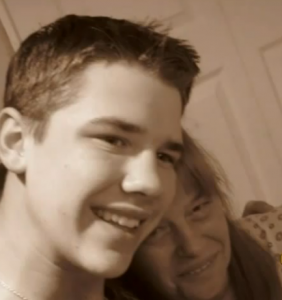 Love. Patience. Presence. Respect.
Love. Patience. Presence. Respect.
Our role as Parent is constant…ever-changing and ever-growing. We each have different parenting styles and we each face challenges differently as well.
As an attachment parent, four of my fundamental principles are Love, Patience, Presence and Respect. There are many others but these four will sum up an important message I’d like to share today.
When we operate from Love, I believe our intentions are for Harmony, for Peace, for Happiness. If we Love kindly and gently, we hope that these things will naturally be results of our Love. I have discovered that Love, combined with Patience, Presence and Respect, will not only guide me in the direction in which to handle situations, but will also carry me through the challenging times when I truly don’t have the answers.
Please imagine yourself, as a child or as an adult, experiencing frustration, sadness, anger, or any other emotion or feeling that makes you uncomfortable. When you imagine yourself feeling that discomfort, what do you believe could take that away or at least make it easier in that moment? I ask you to imagine yourself because many times in life, it is important to put the shoes on your own feet to gain the necessary perspective in dealing with others. I find this to be true and probably most importantly, in the way we treat and listen to our children.
So often, parents decide it is their way or no way. It is this way simply because “I say so.” You are the parent, they are the children, and for many, it is thought to be the hierarchy that sets the tone for discipline and commands. I don’t believe in those methods. I believe our children deserve to be heard. I believe they deserve respect. I believe they deserve an answer and an explanation. I believe they deserve our Love. Our Patience. Our Presence. I believe we all deserve this.
No matter what is going on, crying in the middle of the night from your newborn, a screaming tantrum from your two year old, your angry four year old making a demand out of frustration…these need to be met with tenderness, calmness and composure of mind. I’m not saying this is easy. I’m not saying you won’t be challenged and tested beyond belief, because you will. I’m only sharing what works for me. I’m sharing this because the alternatives are not only damaging to your children, but they are damaging to you as well.
When we don’t take the time to truly be present and listen…when we don’t dig deeper than we think is possible for patience in a trying moment…when your love turns to anger and you lash out or lose control with your children, damage will be done. I can assure you of that. The negative feelings and situations will be prolonged, everyone will feel worse than they did initially, and someone, if not everyone, will walk away feeling misunderstood, unheard and alone.
It is my goal to nurture, love, and create harmony in my household. I believe we all want the same. When that isn’t happening, we must have the awareness of these principles at our disposal so we can easily tap into and operate from them at all times.
Love.
There was an unconditional Love that was born in me that I never knew prior to giving birth. That in itself, is the source that guides me in everything I do.
Patience.
The source of Love will give you the Patience you need most of the time but there will be moments when you think you can’t possibly keep it together for one more second. You must remember in these moments that you are capable of endurance. You are capable of self control. You can do it. Just breathe deeply. Close your eyes if you can…just for a few seconds. Stay calm.
The short term and long term effects of losing your patience and lashing out bitterly will hurt your children and you. During conflict or stressful situations, our children simply want to be heard, understood and accepted. They are trying to communicate something. If we are able to remain calm in these moments, not only will it ease their stress sooner, but it will not let the situation turn into something worse because of the anger and negativity added on top of it. You will then be able to communicate and allow for both of you to learn from the conflict. Your patience will comfort them and your empathy will encourage them to resolve the struggles within themselves in just knowing you hear them.
Presence.
Physical closeness, level headedness and a choice to be present with your children will make a difference. Not only in the quality time spent together, but this will also allow the lines of communication to be clear and open.
Whether it’s reading a book together on the couch, or when your child doesn’t want to leave the park when it’s time to go, your presence is always important. They can accept when they are doing their thing and you are doing yours…most of the time. When you are with them though, choose to be with them. It’s so easy these days with our phones and technology to get distracted. We may physically be next to them but mentally, conjuring up our next facebook status update. When you are present, they feel it. They appreciate it. They cherish it. When they don’t want to leave the park, your presence in that moment will help them understand that it’s ok. Talking on the phone while yelling at them to leave won’t have the same outcome.
Respect.
We all want to be respected, valued, recognized, adored, appreciated…
Children deserve this as well as we do as parents. When we experience this respect from others, we are empowered to be our best. We are comforted in expressing our voices. We are strengthened with Love and we are emotionally available. We discover that in times when we don’t feel respected, the walls begin to rise and the willingness to communicate and connect shuts down. This usually then shifts the relationship to “Because I said so” again where the parent believes they are the only one who deserves respect and the child’s feelings are dismissed. This will only leave your child feeling unheard, misunderstood and left without an explanation. Please respect them as human beings and by that respect, it becomes possible for you to earn theirs.
We are all doing our best and I believe these tools will help us do it better.
Let’s all make more of an effort in dealing with our children and one another lovingly, patiently, respectfully… and let’s all make an effort and the choice to be present as often as possible. It will make a difference.







